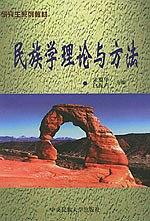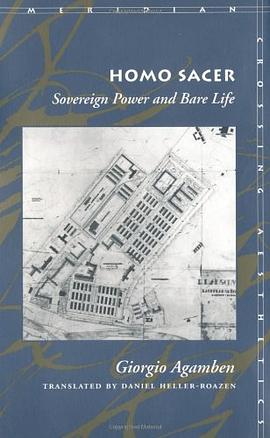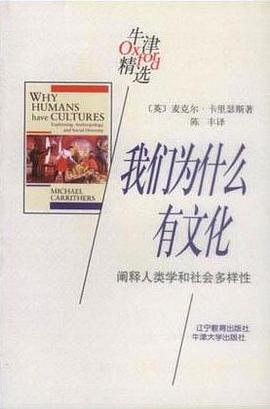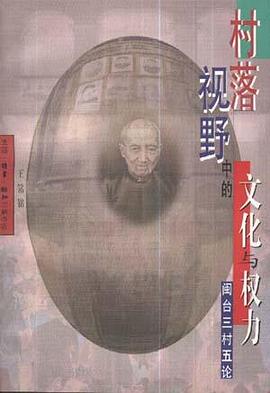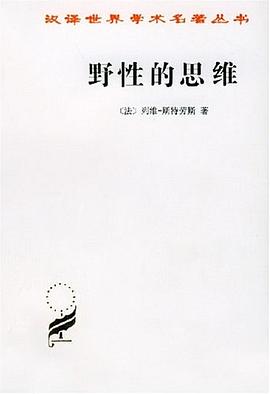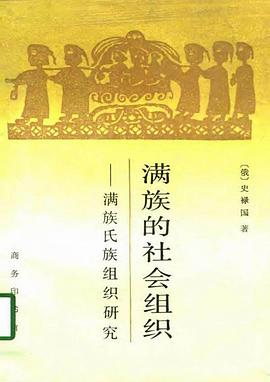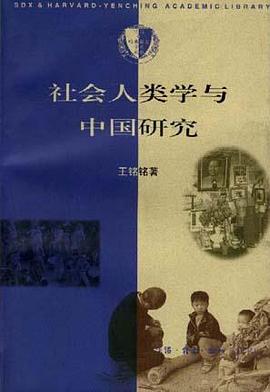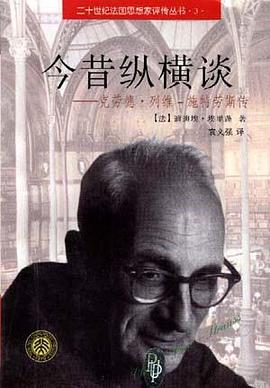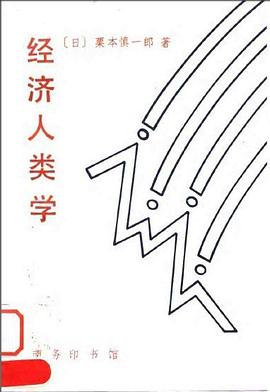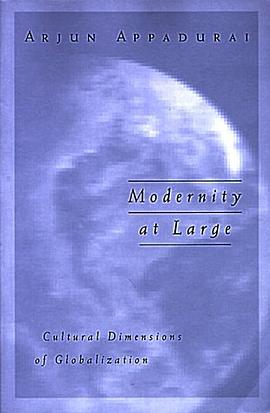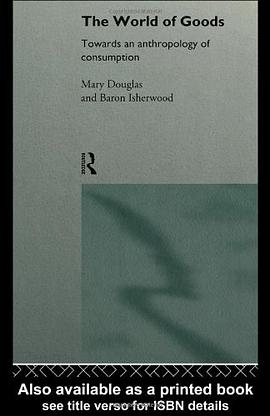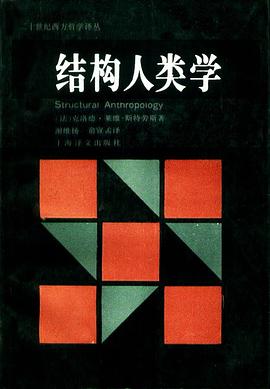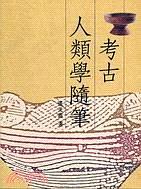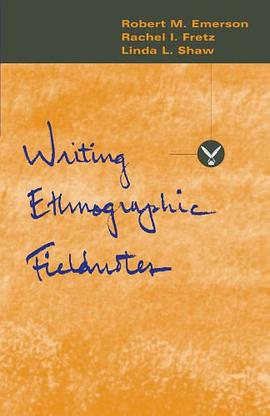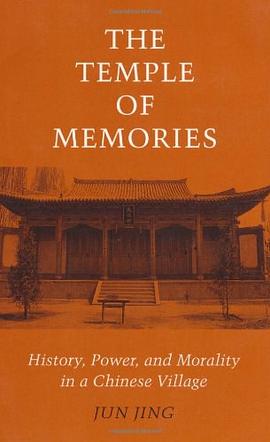

具體描述
This study focuses on the politics of memory in the village of Dachuan in northwest China, in which 85 percent of the villagers are sur named Kong and believe themselves to be descendants of Confucius. It recounts both how this proud community was subjected to intense suffering during the Maoist era, culminating in its forcible resettlement in December 1960 to make way for the construction of a major hydroelectric dam, and how the village eventually sought recovery through the commemoration of that suffering and the revival of a redefined religion.
Before 1949, the Kongs had dominated their area because of their political influence, wealth, and, above all, their identification with Confucius, whose precepts underlay so much of the Chinese ethical and political tradition. After the Communists came to power in 1949, these people, as a literal embodiment of the Confucian heritage, became prime targets for Maoist political campaigns attacking the traditional order, from land reform to the “Criticize Confucius” movement. Many villagers were arrested, three were beheaded, and others died in labor camps. When the villagers were forced to hastily abandon their homes and the village temple, they had time to disinter only the bones of their closest family members; the tombs of earlier generations were destroyed by construction workers for the dam.
---------------------------------------------------------------------------------------------
Review
"One of the best local ethnographies to date on post-reform China. . . . Conceptually sophisticated yet undiminished by unnecessary jargon, the book provides one of the most readable and intelligently framed accounts of change and continuity at the local level in China." —Journal of Asian Studies
"Anthropologists and historians will find themselves rewarded by this nuanced examination of social memory, ritual life, and the traumatic recent history of a remarkable village."—China Review International
"This gem of a book takes the study of Chinese village culture to new levels of theoretical sophistication, ethnographic nuance and literary evocativeness. . . . There are many fine books that tell similar stories of the devastation of rural communities during the Maoist era. Dachuan is different only in that the depth of its tragedy was several degrees worse than most. But what makes Jun Jing's book unique is his discovery of a way to probe the meaning of such a history for the villagers."—China Quarterly
"All audiences can enjoy the universal subjects of the book—children and food. . . . Feeding China's Little Emperor's is useful both for anthropologists or those looking at social change over the last few decades."—The China Business Review
"In 1961 the entire village of Dachuan was destroyed when it was submerged under a reservoir created by a newly constructed hydroelectric dam. . . . In Jun Jing's beautifully written account, The Temple of Memories, he reveals how the villagers tra
著者簡介
Jun Jing is Assistant Professor of Anthropology at the City University of New York.
圖書目錄
2. Memory of Historical Possibilities
3. Memory of Revolutionary Terror
4. Memory of Communal Terror
5. Memory of Local Animosity
6. Memory of Ritual Language
7. Memory of Genealogical Retainers
8. Memory of Cultural Symbols
9. Finding Memories in Gansu
Notes
References
Character List
Index
· · · · · · (收起)
讀後感
偶然翻到当初写的一句话书评,“景军曾所提出的“社会记忆的理论角度”展示了大川的人们如何运用记忆重构社会关系以及权力如何流通”。呃,主要是不记得这本书的内容了,只记得开头一章是修虾米大坝,要拆掉那个村子??cheng 管去驱赶那些尚未搬走的村民?半夜里弄得鸡飞狗跳...
評分很奇怪为什么该书的中文版不能出版,“反动”?呵呵,政治人类学的一本佳作,还好有景军自己提供的中文版可以阅读。 该书给我最大的教益主要有两点,当然对于人类学专业人士而言或许更多,对我所研究的领域而言则集中在仪式和记忆上。 1,景军注意到了仪式在社会转型和意识形态...
評分通过大川孔家人重修孔庙,把人们的集体记忆,历史记忆,共同记忆,复述了大川人的苦难的过去,历史兴衰。家族变迁。书中一段话是说新中国成立打破了旧有的各种组织,体系,秩序。然后新的还没有完全重建,所以产生了混乱,从这里可以看出毛的分化瓦解,各个击破真是厉害。 政权...
評分 評分在这个如果没有小毛病都不好意思说自己是文艺青年的时代,我发现自己的文字强迫症日益严重。 此处所言文字强迫症的症状如下:看不惯错别字;如果文章中有对仗的迹象,必须严格工整;排比句一定要遵循格式相似而错落有致的句式;前文埋下伏笔,后文必须回应;等等。(每次看到...
用戶評價
第三遍。還是覺得沒完全讀懂。應該是我底子不夠的問題。
评分咱係之光景爺的書!說真話是有點平庸啊。。。
评分我讀的是未能齣版的中文版……
评分我讀的是未能齣版的中文版……
评分真好看啊!
相關圖書
本站所有內容均為互聯網搜索引擎提供的公開搜索信息,本站不存儲任何數據與內容,任何內容與數據均與本站無關,如有需要請聯繫相關搜索引擎包括但不限於百度,google,bing,sogou 等
© 2025 book.quotespace.org All Rights Reserved. 小美書屋 版权所有


